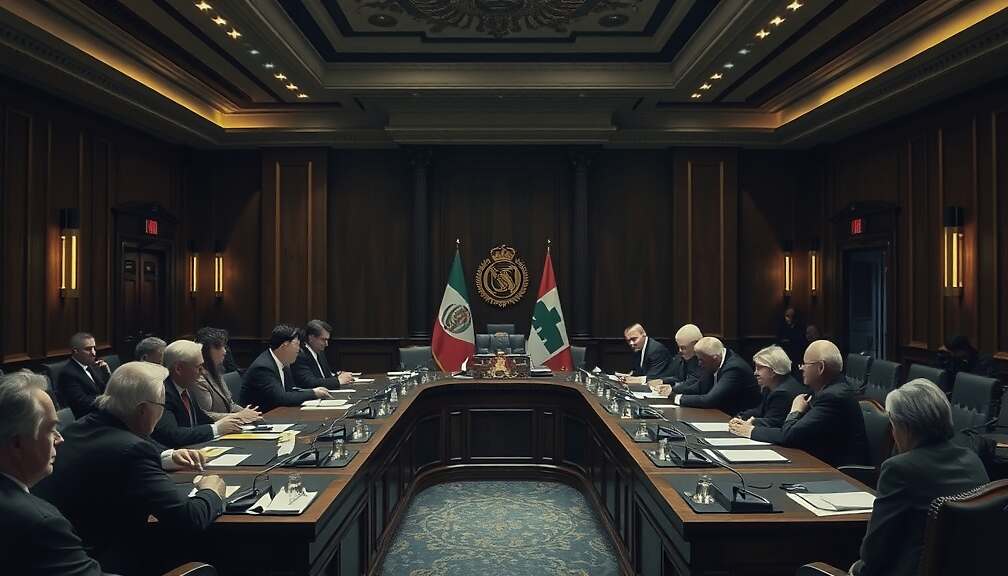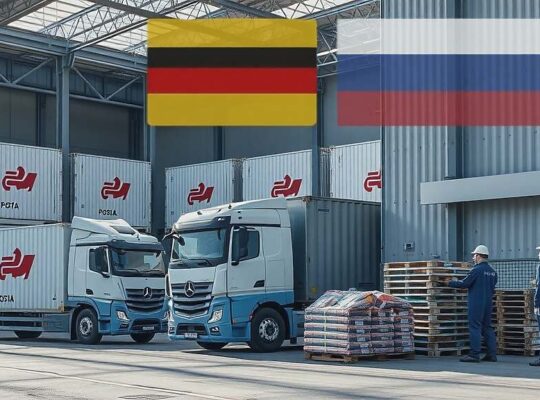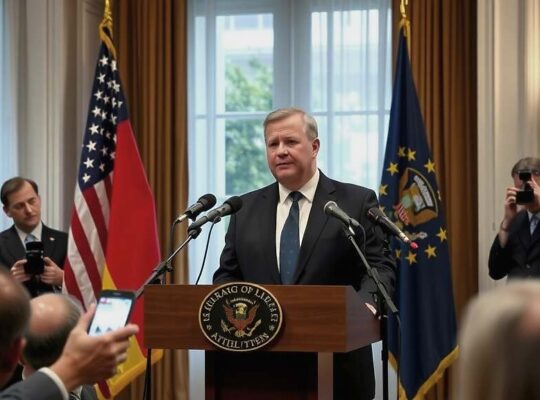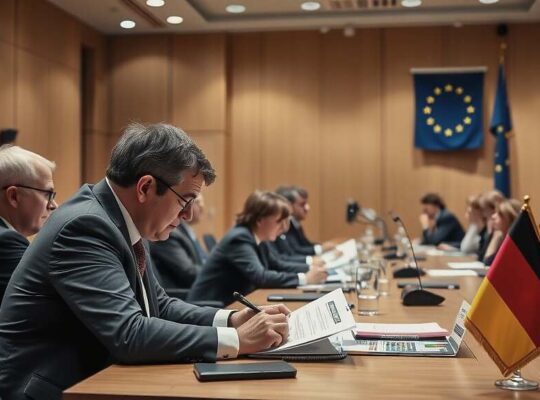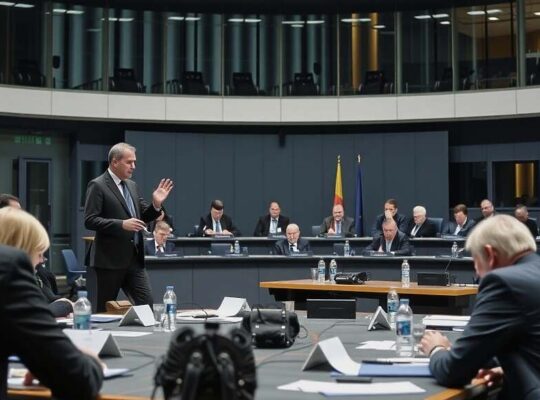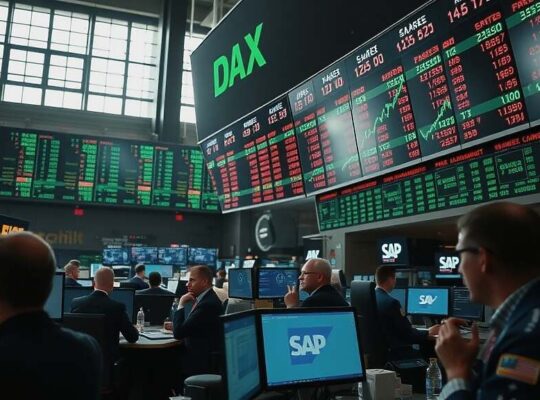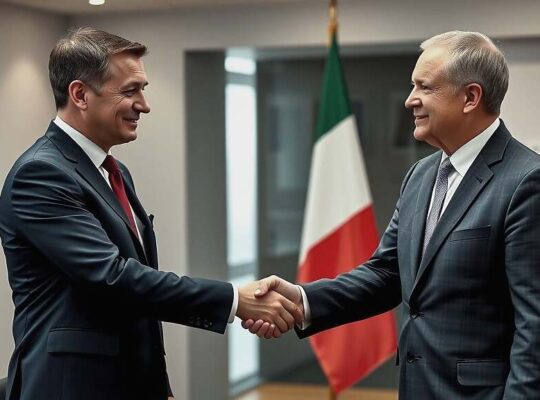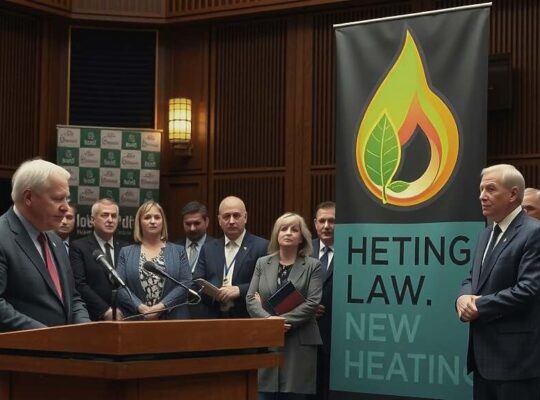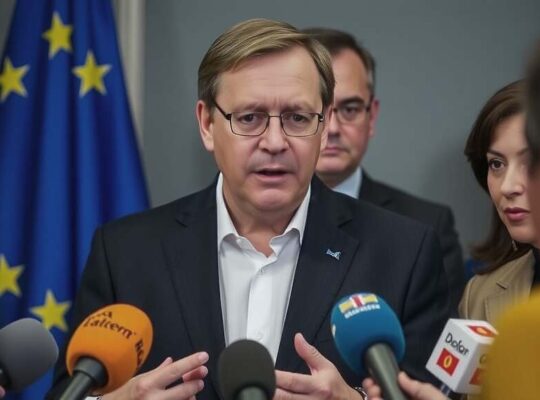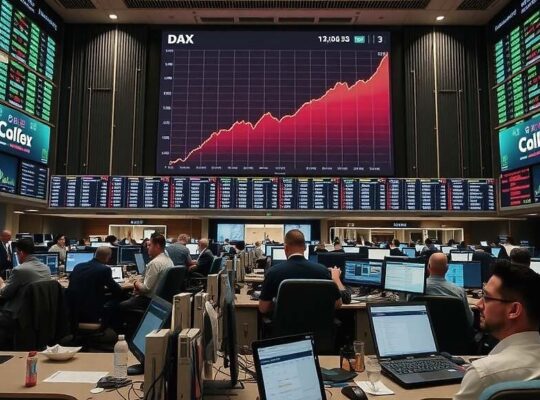Negotiations surrounding a proposed EU ban on Russian gas imports have reached a critical juncture, exposing deep divisions among member states ahead of a decisive meeting of EU energy ministers in Luxembourg on Monday. While the European Commission’s draft regulation, slated to prohibit Russian gas imports by the end of 2027, enjoys the tentative support of 19 nations, including Germany, Poland, Finland and Belgium, significant hurdles remain, potentially undermining the bloc’s unified front against Russian energy leverage.
Confidential diplomatic cables from the German EU embassy reveal a complex web of compromises and reservations. Notably absent from the list of supporters are several key, populous nations including France, Spain and Italy, all of whom are demanding revisions to the Commission’s proposal. The reluctance is further compounded by Hungary’s outright rejection, attributed to President Viktor Orbán’s well-documented pro-Russian stance. This intransigence from Budapest presents a potent challenge to achieving the necessary consensus.
The German embassy’s assessment paints a picture of internal pressure, disclosing that some supporting nations, like Sweden, had initially advocated for a more aggressive and ambitious ban. This suggests a potential disconnect between the stated ambition of many member states and the political realities of securing agreement.
Despite the hurdles, officials in Brussels and Copenhagen express cautious optimism regarding a stable majority at the EU Energy Council. The expectation hinges on further compromises, with Spain reportedly demonstrating willingness to facilitate solutions. Germany, represented by Federal Minister for Economic Affairs Katheine Reiche, is expected to endorse the current draft, signaling strong government backing, reinforced by a recent parliamentary response to a Green Party inquiry explicitly supporting the Commission’s proposal. This endorsement has been welcomed by Green Party figures like Michael Kellner, former parliamentary state secretary in the Economics Ministry, who lauded the government’s clarity on the issue.
The economic significance of this decision is considerable. According to EU Commission data, Russia accounted for approximately 19% of all EU gas imports last year, representing a value of over €15 billion. While this figure has decreased to 14% in the first quarter of this year, the reliance remains a strategic vulnerability. The gas continues to enter the EU through pipelines to countries like Slovakia, Bulgaria and Hungary and as liquefied natural gas (LNG) in ports of France and Spain.
Germany, while no longer importing Russian gas directly, remains vulnerable to the indirect flow of Russian LNG via the EU’s internal gas market. The potential for weakening the ban due to national interests and the complex interdependence of European energy infrastructure highlights the fragility of the EU’s efforts to diminish Russia’s political and economic influence. The outcome of Monday’s meeting will provide a vital indicator of the EU’s ability to act decisively on issues of strategic importance.


